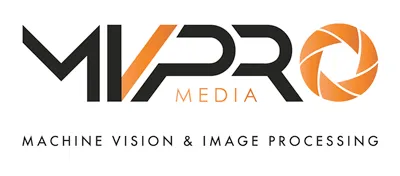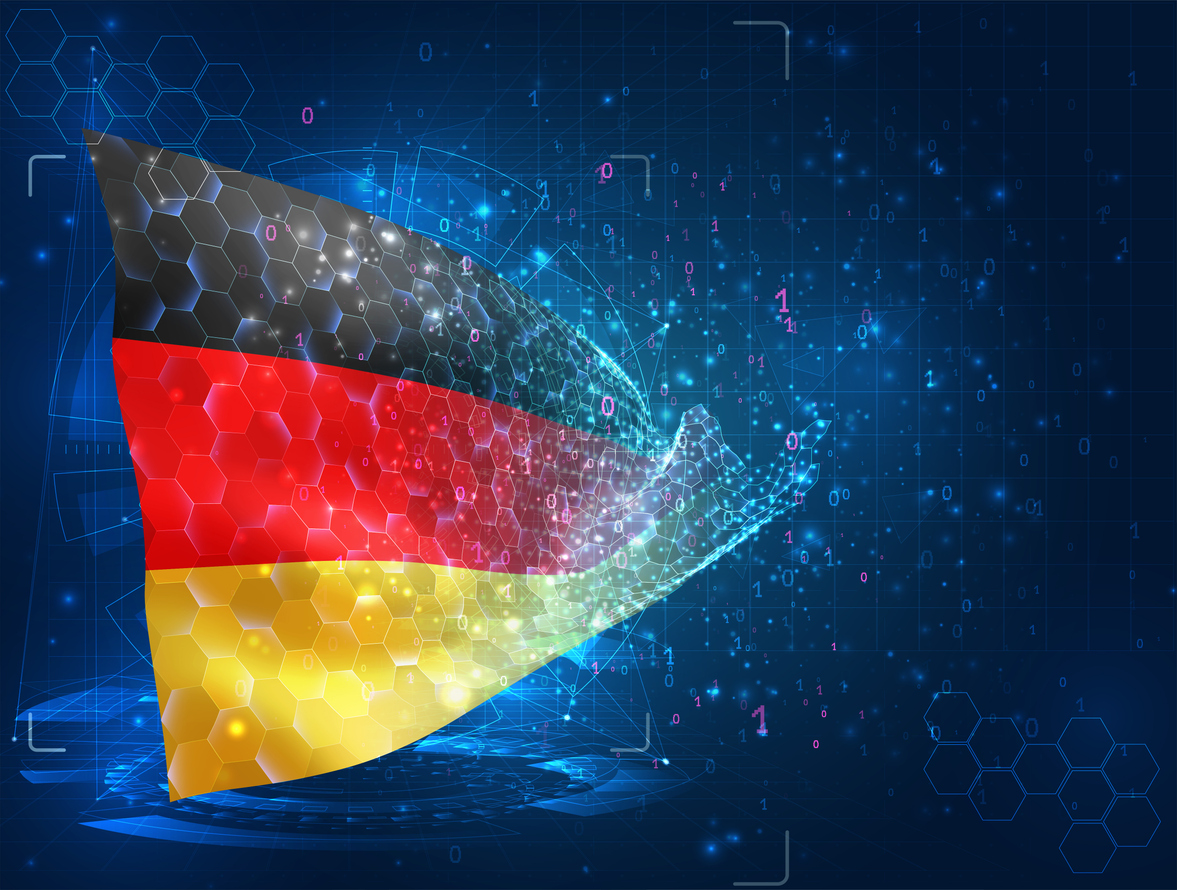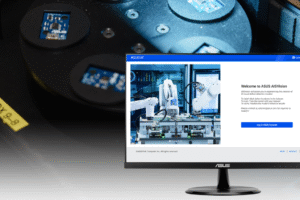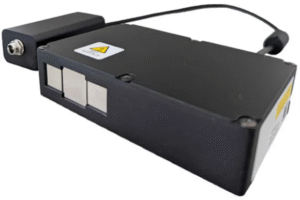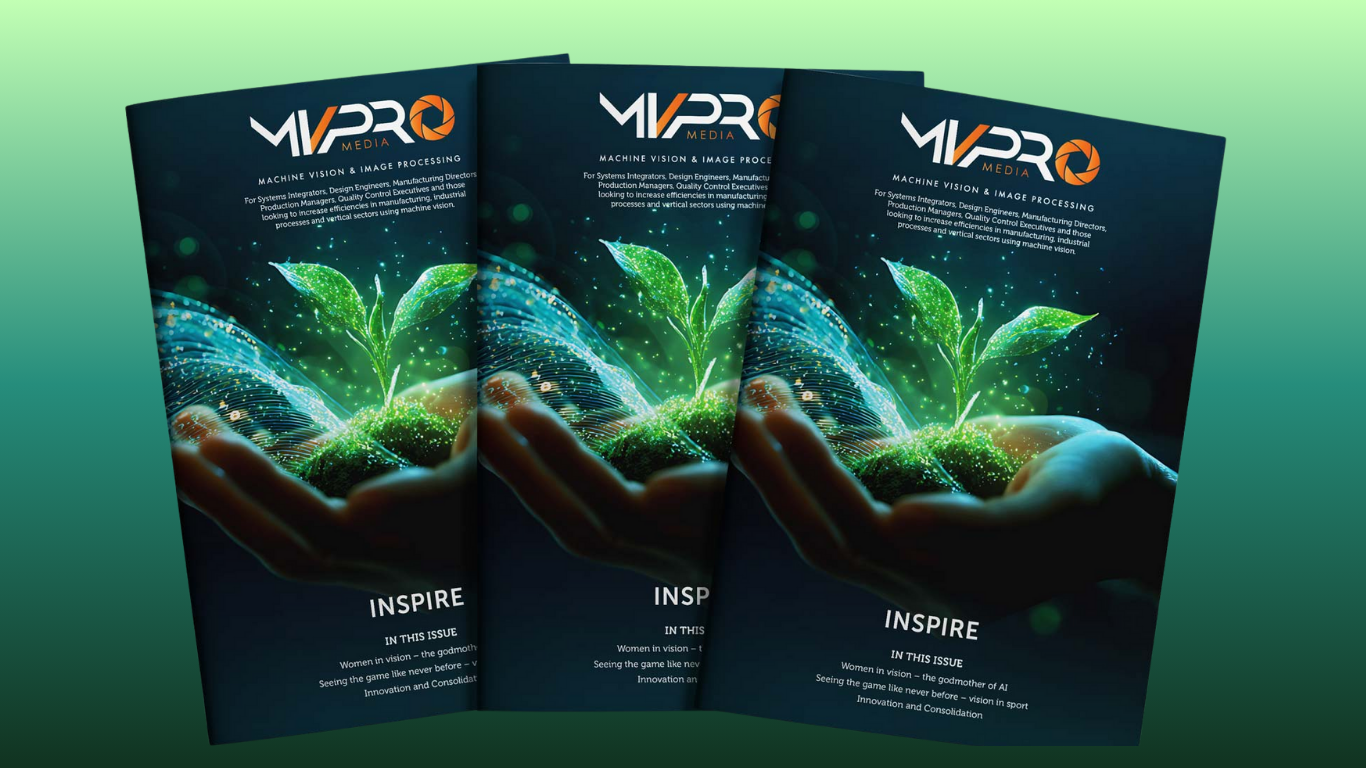Carrefour, one of the world’s largest retail chains, is turning heads with the trial of a cutting-edge artificial intelligence (AI) and machine vision platform at its hypermarket in Villabé, France. In partnership with VusionGroup, Carrefour is piloting a high-tech system that may define the future of physical retail, where shelves manage themselves, prices stay accurate in real time, and customer journeys are enhanced by visual intelligence.
This development is more than just a store upgrade; it’s a tangible reflection of France’s wider ambition to become a leader in AI infrastructure and innovation. With over €100 billion committed to AI-related investments, France is fast becoming a hotbed for advanced tech applications, and Carrefour is showing what that looks like on the retail floor.
France’s National AI Strategy: Building the Infrastructure for Change
In February 2025, President Emmanuel Macron announced a staggering €109 billion in AI-related investments at the Paris AI Action Summit. The initiative includes public and private funding directed toward a national AI infrastructure, especially data centres, high-performance computing (HPC), and low-carbon AI hubs powered by nuclear energy. Partners like the UAE’s MGX fund and Brookfield pledged tens of billions toward building capacity for the coming AI era.
These investments support the broader France 2030 roadmap, which aims to make France not only a European AI leader but also a global challenger to the US and China. Alongside infrastructure, the French government launched Current AI, a €400 million nonprofit fund for public-interest AI, focusing on projects in healthcare, environmental science, and education.
What does this mean for retail? It sets the foundation for massive, real-time data flows, algorithmic decision-making at the edge, and national capacity for machine vision applications. Carrefour’s deployment of AI-powered vision systems becomes a direct expression of this national vision, putting policy into practice in the most everyday of settings: the supermarket.
Strategic Expansion with VusionGroup Announced at VivaTech show
In June, Carrefour and VusionGroup announced a major expansion of their strategic partnership at the VivaTech show in Paris, following successful deployments in multiple European stores. The initiative was presented as part of Carrefour’s broader retail digitization strategy and includes a large-scale rollout of VusionGroup’s EdgeSense platform, a system that combines machine vision, intelligent shelving, and real-time analytics to transform traditional stores into AI-enhanced, self-optimizing environments.
Rather than being a stand-alone experiment, the expanded partnership signals Carrefour’s intention to scale these technologies across its network, using EdgeSense to modernize merchandising, automate pricing, and support smarter store operations.
“Digitalization is at the heart of Carrefour’s strategy. Our stores, which account for 90% of our revenue, are a top priority, and this partnership with VusionGroup marks a key milestone in their modernization through the EdgeSense platform.”
— Emmanuel Grenier, Executive Director of E‑commerce, Data and Digital Transformation, Carrefour
Inside the Villabé Store: A Vision-Driven Retail Environment
At the Villabé hypermarket, Carrefour has installed:
- 500 AI-powered cameras watching shelves in real time
- 70,000 electronic shelf labels enabling dynamic pricing
- 7,000 intelligent rails for item positioning and geolocation
The system doesn’t just observe, it also interprets. Using computer vision and AI, it can detect when shelves are empty, whether pricing is accurate, and whether items are positioned correctly according to planograms. This means immediate alerts for restocking or price updates, reducing out-of-stocks and human error.
Store staff benefit too. Rather than walking the aisles looking for issues, employees are now guided by AI to the most urgent tasks, restocking fast-moving items, correcting pricing errors, or responding to real-time inventory alerts.
For customers, the experience is smoother and more reliable: products are where they should be, prices are correct, promotions are up to date, and finding an item is easier thanks to enhanced in-store geolocation. In-store pickers for Carrefour’s e-commerce operation also benefit from faster and more efficient order fulfillment.
Retail as a Media Platform
Carrefour is positioning this transformation as more than just a productivity upgrade. According to the company, the goal is to turn its stores into “intelligent media platforms”: physical spaces that respond dynamically to consumer needs, communicate in real time, and serve as active digital touchpoints within the broader Carrefour ecosystem.
Emmanuel Grenier has emphasized that computer vision, AI, and data precision are “essential levers” in Carrefour’s long-term strategy to modernize its operations. And critically, physical stores—responsible for 90% of the company’s turnover—are central to that strategy.
Rather than seeing stores as analog liabilities in a digital world, Carrefour is redefining them as intelligent, interconnected hubs where retail meets real-time computing.
Beyond France: The Global Rise of Machine Vision in Retail
Carrefour’s initiative fits into a global trend. In the US, Amazon Go pioneered cashierless shopping powered by machine vision and sensor fusion. Walmart’s Intelligent Retail Lab uses AI to monitor inventory, track shelf activity, and improve operational efficiency.
In Asia, Alibaba’s Hema and JD.com’s 7Fresh stores are raising the bar with app-connected experiences, smart carts, and back-end automation, all powered by AI and machine vision.
What sets Carrefour apart is its focus on large-format hypermarkets, which are notoriously difficult to automate. With tens of thousands of SKUs and heavy foot traffic, these stores present unique challenges for real-time vision systems, but the Villabé pilot shows that such environments can be successfully digitized at scale.
Unlike some global models, Carrefour’s approach also appears to align with European standards on privacy, transparency, and regulatory compliance, potentially offering a blueprint for responsible AI integration in retail.
Carrefour Belgium’s BuyBye Stores: AI for Seamless Checkout
The Villabé initiative is not Carrefour’s only foray into AI. In May 2025, Carrefour opened its third BuyBye store in Belgium, a grab-and-go concept powered by AI and autonomous checkout technology. Like Amazon Go, these stores let customers walk in, pick up products, and walk out: no lines, no cashiers. Purchases are detected and charged automatically.
Though smaller in scale than hypermarkets, the BuyBye stores represent another layer of Carrefour’s experimentation with AI-enabled retail formats, and a strong signal that the company sees autonomy and intelligence as essential to the future of commerce.
A Glimpse into the Future
Carrefour’s initiative in Villabé isn’t just a technology showcase, it’s a glimpse into where the industry is headed. Backed by historic government investment in AI infrastructure, and strengthened by a deepening partnership with a key tech player in VusionGroup, Carrefour is turning its stores into testbeds for the retail of tomorrow.
For global retailers under pressure to modernize, Carrefour’s Villabé blueprint, powered by machine vision and driven by data—offers a compelling, scalable model for digital transformation. France’s national strategy may be setting the stage, but Carrefour is the one putting it into motion, one smart shelf at a time.
For more information, visit: https://www.vusion.com/newsroom/carrefour-vusiongroup-test-new-generation-connected-stores-edgesense/
